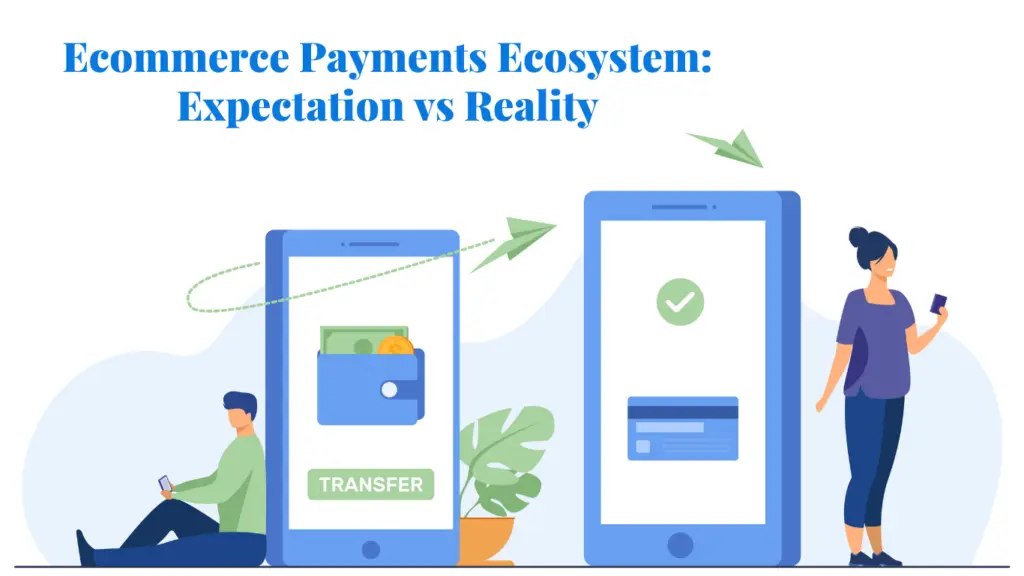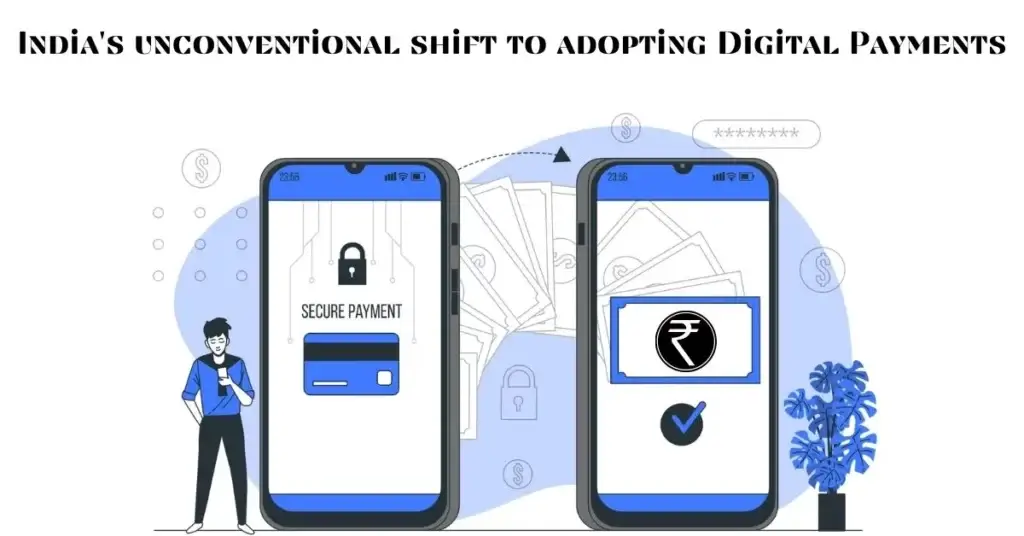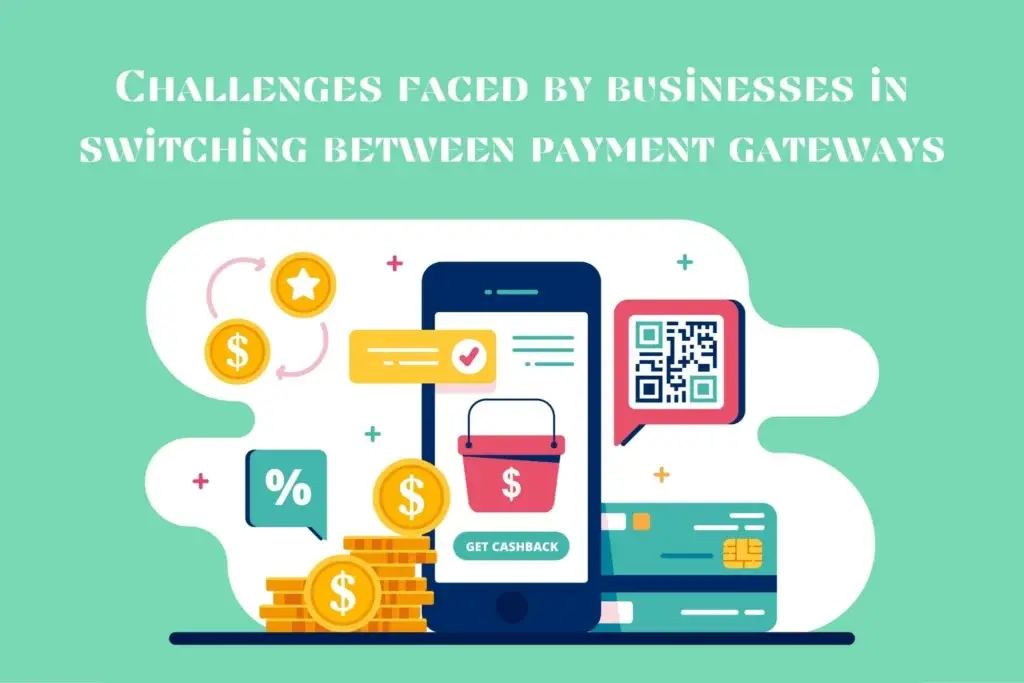IntroductionIn recent years, there has been a significant focus on Fintech Regulations in India, which has transformed the financial landscape.
The fintech sector in India has experienced exponential growth, driven by advancements in technology, increasing smartphone penetration, and a burgeoning digital economy. However, with rapid growth comes the need for robust regulatory frameworks to ensure the stability, security, and integrity of financial transactions. This article delves into the key fintech regulations in India, providing an overview of the regulatory bodies, recent developments, and the implications for fintech companies operating in the country.
Key Regulatory Bodies
- Reserve Bank of India (RBI):
- The RBI is the central regulatory authority overseeing the financial sector in India. It regulates payment systems, issues guidelines for digital payment solutions, and ensures the stability of the financial system.
- Securities and Exchange Board of India (SEBI):
- SEBI regulates securities markets and oversees activities related to investments, including crowdfunding, peer-to-peer lending, and robo-advisory services.
- Insurance Regulatory and Development Authority of India (IRDAI):
- The IRDAI supervises the insurance sector, including insurtech companies, ensuring compliance with regulatory standards and promoting innovation.
- Ministry of Electronics and Information Technology (MeitY):
- MeitY plays a significant role in shaping digital policies and initiatives, including data protection and cybersecurity regulations.
Key Regulations and Guidelines
- Payment and Settlement Systems Act, 2007:
- This Act provides the legal framework for the regulation and supervision of payment systems in India. It empowers the RBI to regulate and oversee various payment systems, ensuring their safety and efficiency.
- Prepaid Payment Instruments (PPI) Guidelines:
- The RBI issues guidelines for the issuance and operation of PPIs, such as mobile wallets and prepaid cards. These guidelines cover aspects like KYC (Know Your Customer) requirements, transaction limits, and customer grievance redressal mechanisms.
- Unified Payments Interface (UPI) Regulations:
- The UPI system, developed by the NPCI, is regulated by the RBI. The regulations cover aspects like interoperability, security standards, and transaction limits to ensure seamless and secure digital payment solutions.
- Peer-to-Peer (P2P) Lending Regulations:
- SEBI regulates P2P lending platforms, requiring them to register as non-banking financial companies (NBFC-P2P). These regulations aim to protect lenders and borrowers by establishing norms for transparency, risk management, and grievance redressal.
- Data Protection and Privacy Regulations:
- The Personal Data Protection Bill, 2019, drafted by MeitY, aims to safeguard personal data and ensure privacy. Although not yet enacted, the bill outlines obligations for data processors and rights for data principals, impacting fintech companies that handle personal data.
- Foreign Exchange Management Act (FEMA):
- FEMA regulates cross-border financial transactions. Fintech regulations companies involved in international payments and remittances must comply with FEMA guidelines to ensure legal and secure transactions.
Recent Developments
- Regulatory Sandbox:
- The RBI introduced a regulatory sandbox framework to foster innovation in the fintech sector. It allows fintech regulations companies to test their products and services in a controlled environment, under the supervision of the regulator, before full-scale deployment.
- Video KYC:
- In response to the COVID-19 pandemic, the RBI permitted video-based KYC for onboarding customers remotely. This move has streamlined the customer verification process, reducing friction and enhancing the user experience.
- Account Aggregator Framework:
- The RBI launched the Account Aggregator framework to facilitate seamless sharing of financial data between entities. This initiative aims to empower consumers with control over their financial information while ensuring data privacy and security.
- Digital Lending Guidelines:
- The RBI issued guidelines for digital lending platforms, focusing on transparency, data privacy, and customer protection. These guidelines mandate fintech lenders to disclose all terms and conditions upfront, ensuring fair practices.
Implications for Fintech Companies
- Compliance Obligations:
- Fintech regulations companies must navigate a complex regulatory landscape, ensuring compliance with various laws and guidelines. Non-compliance can result in penalties, reputational damage, and operational disruptions.
- Innovation within Regulatory Frameworks:
- While regulations aim to safeguard the financial system and consumers, they also present opportunities for innovation. Fintech companies can leverage regulatory sandboxes, collaborate with regulators, and develop compliant yet innovative solutions.
- Consumer Trust and Confidence:
- Adhering to regulatory standards enhances consumer trust and confidence in fintech regulations solutions. Transparent practices, robust security measures, and effective grievance redressal mechanisms contribute to building a loyal customer base.
- Operational Challenges:
- Compliance with diverse and evolving regulations can pose operational challenges for fintech companies, especially startups. Investing in compliance infrastructure, legal expertise, and continuous monitoring is essential to mitigate risks.
Conclusion
The regulatory environment for fintech regulations in India is evolving, balancing the need for innovation with the imperative of financial stability and consumer protection. Understanding and complying with these regulations is crucial for fintech companies to thrive in the dynamic Indian market. As the sector continues to grow, collaborative efforts between regulators and fintech players will be key to fostering a secure, inclusive, and innovative financial ecosystem.
Top of Form
Bottom of Form





















